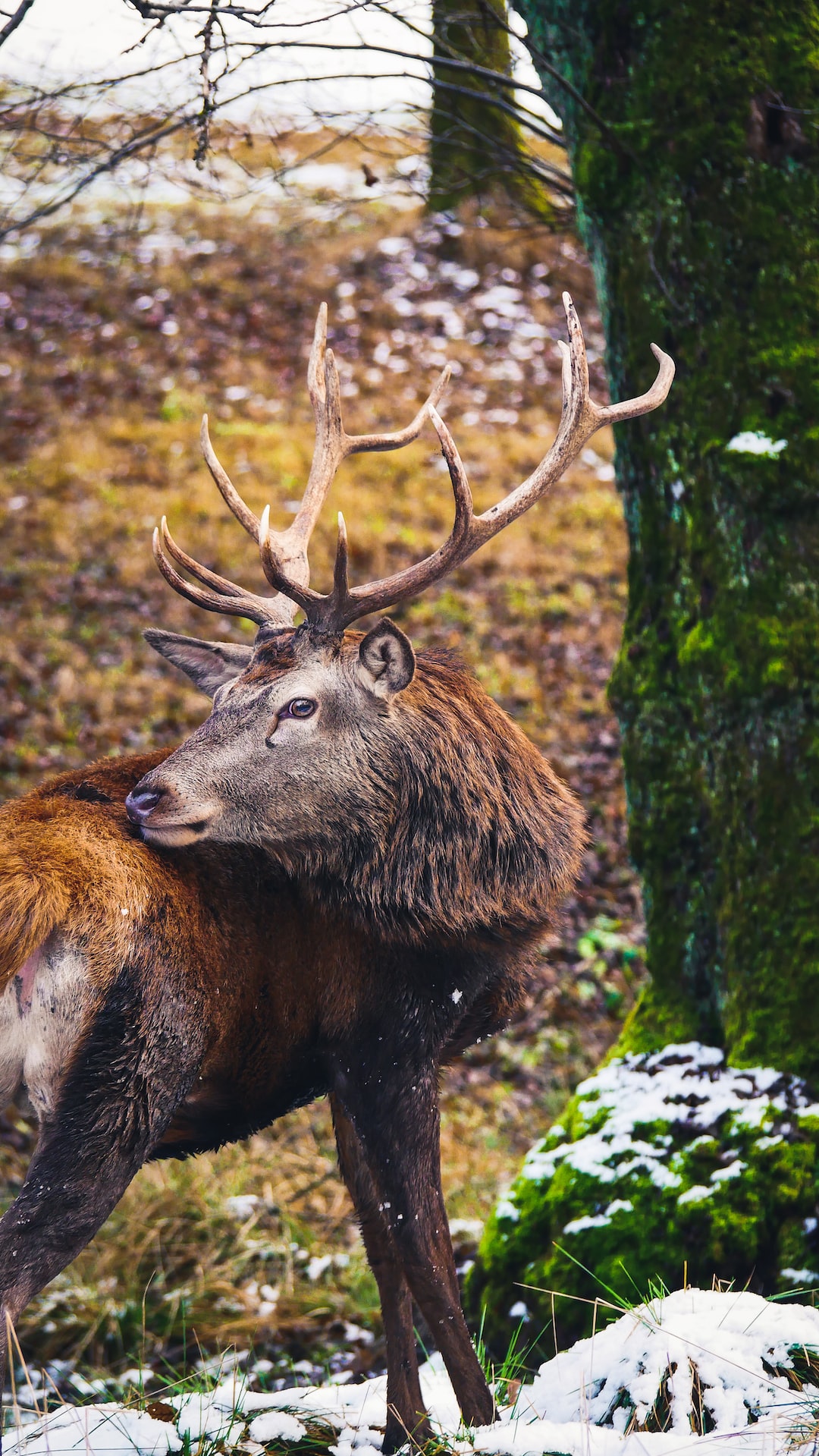The evolution of domesticated animals is an interesting aspect of human history. Over time, humans have cultivated and bred different species, which has led to the development of unique breeds and variations. Domestication of animals has been critical to human survival and development, and it has allowed us to thrive and become the dominant species on the planet.
The domestication of animals began about 10,000 years ago when humans transitioned from hunting and gathering to farming and animal husbandry. The first animals to be domesticated were dogs, followed by goats, sheep, pigs, and cows. The process of domestication involves selectively breeding animals that exhibit desirable traits such as docility, size, and productivity. This process led to the development of different breeds that are suited to various purposes.
Dogs were the first animals to be domesticated, and they have been bred for various purposes such as hunting, herding, and companionship. Early humans domesticated wolves and bred them to become dogs, resulting in different breeds, which have different physical and behavioral traits. Today, we have hundreds of different dog breeds, each with unique characteristics that have been cultivated through selective breeding.
Goats and sheep were domesticated around 8,000 years ago and were initially kept for their milk, meat, and fur. Over time, selective breeding has resulted in different breeds that are suited to various purposes. For example, some breeds of sheep, such as the Merino, are kept for their wool, while others are bred for their meat.
Pigs were domesticated around 7,000 years ago and have since been bred for their meat, which is a significant source of protein for humans. Today, we have different breeds of pigs, which have been selectively bred for various purposes such as pork quality and productivity.
Cows were domesticated around 6,000 years ago and were kept for their milk, meat, and hides. The selective breeding of cows has resulted in different breeds, which are suited to various purposes such as dairy, meat, and draught work.
The evolution of domesticated animals has played a significant role in human history. Domesticated animals have provided us with food, clothing, transportation, and companionship. They have enabled humans to settle in one place and develop agriculture, leading to the growth of human civilization. The selective breeding of animals has enabled us to develop different breeds that are suited to different purposes, providing us with a diverse array of options when it comes to food, clothing, and other necessities.
In conclusion, the evolution of domesticated animals is a fascinating aspect of human history. Over time, humans have selectively bred different species, resulting in the development of unique breeds with various characteristics. These animals have provided us with food, clothing, and companionship and have enabled us to thrive and become the dominant species on the planet. The selective breeding of domesticated animals will continue to play a significant role in human development and progress.
